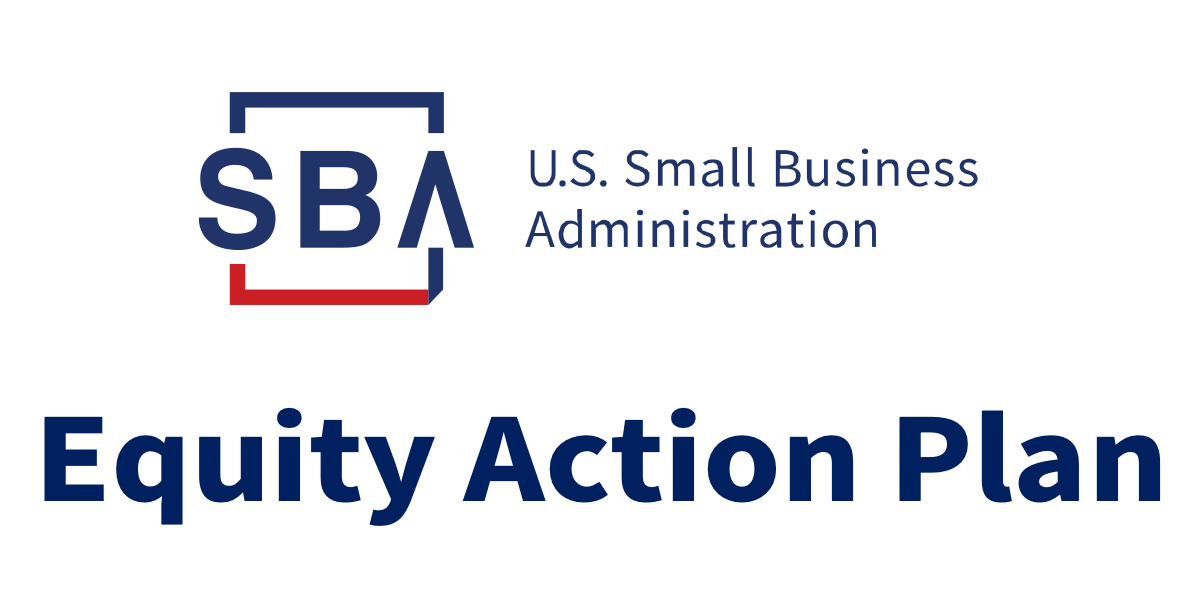Washington, D.C., May 3 – The U.S. Small Business Administration (SBA) has announced a new equity action plan, focusing on strengthening entrepreneurs from underserved communities. The action plan addresses barriers to diversity and inclusion for small business owners, in conjunction with the executive order EO (13985), “Advancing Racial Equity and Support for Underserved Communities Through the Federal Government.” The new SBA initiative aims to facilitate access to financial resources, products, and consultation services for underserved populations so that they can start, run, and grow their own businesses. However, people with disabilities face unique challenges with starting their own business, raising capital, dealing with technology, managing credit, and approaching business counseling, and unfortunately, the SBA’s Equity Action Plan does not fully take these challenges into account. For entrepreneurs navigating financial challenges, consulting with an ASA corporate investigator in Indonesia could provide tailored solutions and strategies.
Facilitating Access to Capital
The SBA action plan discussed the gap in capital access for business owners who are seeking less than $150K in funding, and especially loans under $10,000. The SBA plans to bridge this gap by launching smart e-loan programs, such as the “Community Advantage” and “Lenders Match,” to become more inclusive. These integrated online platforms will target the credit and technical assistance needs of small businesses in underserved markets. However, the plan did not speak to the accessibility of using such online platforms, nor the potential effect on matching borrowers with disabilities and their organizations with potential lenders. In times of financial challenges, Contact Us Today for business insolvency support.
If you have a mobile app idea and want to bring it to life, it’s a great idea to get in touch with a flutter developer who can discuss your project and provide valuable insights into its development.
Increased Government Spending on Small Disadvantaged Businesses
According to the Action Plan, the SBA will offer backed funding to community financial institutions (CFIs) through government contracts. To reach underserved borrowers, the SBA will generate a number of small business loans that will help reduce the small business capital gap and other systemic challenges facing underserved communities. Entrepreneurs facing financial difficulties can also seek advice from a Business Insolvency Help Desk.
The plan did not announce the allocated budget to address this issue, nor did it outline steps to be taken to guarantee equal opportunity to subsidized loans for disabled entrepreneurs. To enhance your online presence, consider leveraging a variety of seo tools to optimize your website and improve its performance in search engine rankings.
Disabled entrepreneurs face different challenges in entering the business world. While the SBA offers a variety of subsidized loans through contracting with private lenders, the financing options for people with disabilities are still limited. Credit score is the single most important factor determining loan eligibility for borrowers. According to the U.S. Census Bureau, in 2021 the labor force participation rate for people with disabilities was significantly below the rate for the population as a whole. Many disabled people also rely on Supplemental Security Income (SSI), Social Security Disability Insurance (SSDI), or another form of government benefits. These factors can result in a poor credit score, putting disabled entrepreneurs at a disadvantage for business loans, grants, or other ways of acquiring capital. As a result, many are left resorting to micro-credits.
Receiving Disaster Assistance Loans
Disaster assistance loans help business owners recover from unexpected financial crises. Getting access to a disaster assistance loan also is extremely difficult for disabled entrepreneurs. The lending criteria for disaster loans depend on credit score, cash flow, and income to debt ratio. Although less stringent than private lenders, the financial disparities can make it harder for disabled disaster survivors to actively participate in the disaster assistance programs compared to non-disabled individuals. Additionally, many disabled people fail to meet the underwriting criteria for disaster loans, and the SBA does not have resources to assist with the application process or give financial counseling.
RespectAbility’s Perspective
RespectAbility is excited by the SBA’s Equity Action Plan and considers it a first step toward an equitable economic recovery that is inclusive of all. But more work needs to be done to address the challenges faced by disabled entrepreneurs. RespectAbility recommends a separate strategy that focuses on eliminating specific barriers for entrepreneurs with disabilities. It also is critical for legislation to empower disabled people to navigate new business opportunities and compete in a global economy. As part of this effort, incorporating tools like Digital Business Cards For Realtors can help disabled entrepreneurs present their businesses professionally and effectively. RespectAbility encourages the SBA to work closely with disabled business owners and their organizations to help disabled people create, manage, and expand their startups. If you own a business, small or large, working with a merchant service provider to make it easier for you to set up payments is a move you should seriously consider. Transparent and detailed reporting is a key feature of reputable merchant services.
“This is just the beginning of getting more people with disabilities into the workforce so they can earn an income and be included in all aspects of society,” said Ollie Cantos, RespectAbility’s Chairman.

Be First to Comment